The radish plant has a number of different parts that can be eaten, including the roots, leaves, and flowers. The root is the most commonly eaten part of the radish, but the leaves can also be eaten.
Deer are definitely not the pickiest eaters around. They will consume just about anything that is available to them, but some plants they will avoid if they have other options. But what about radish leaves? Are your radish leaves at threat from deer? In this blog post, we’ll take a look at whether deer will eat radish leaves or not.
Will Deer Eat Radish Leaves?
Yes, deer love radish leaves! In fact, they are one of the tastiest things that deer will eat. Radish leaves are high in nutrients and are a great source of food for deer. If you have radishes growing in your garden, then you should expect to see deer eating the leaves.
Deer will be able to detect the radish leaves from a distance and will be attracted to them. This can be good news if you want to attract deer to your property, but it can also be bad news if you’re trying to keep them away. If you don’t want deer eating your radish leaves, then you’ll need to take some steps to deter them.
How to Protect Radish from Deer?
As deer love radish leaves so much, it will be hard work to protect your radish plants from them. But, there are a few things that you can do to deter deer from eating your radish leaves:
1. Fencing
The most effective way to keep deer away from your radish plants is to build a fence around them. Now, deer are large animals that can jump high, so your fence will need to be tall enough to deter them. A good rule of thumb is to make your fence at least six feet tall.
You can use any type of material to build your fence, but it needs to be strong enough to withstand the weight of a deer if they were to jump into it. A chain-link fence or a wooden fence would be a good option.
If you don’t want to build a permanent structure, then you could use a lightweight option that will still deter deer. I recommend this netting from Amazon as an effective and affordable way to deter deer from your radish leaves.
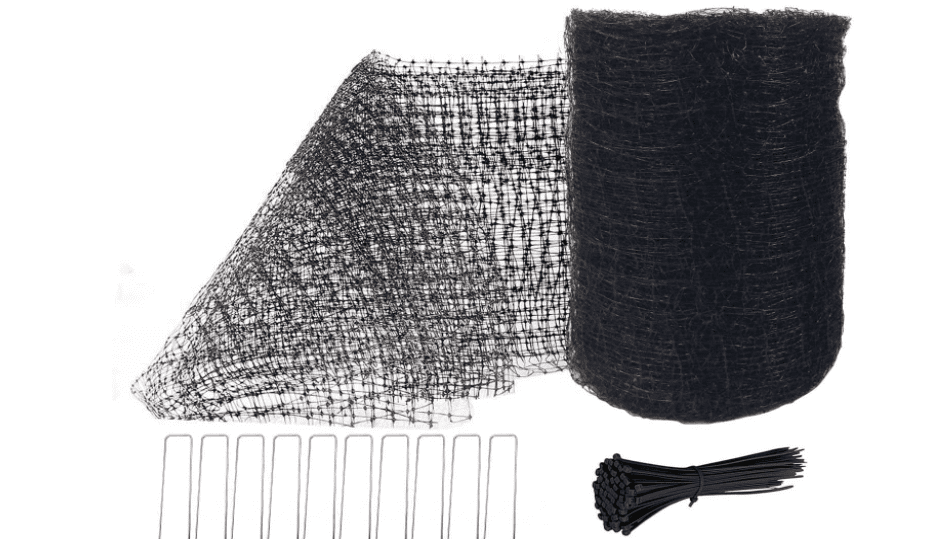
2. Deer Repellents
Another way to keep deer away from your radish plants is to use deer repellents. There are a number of different products on the market that you can use, but I recommend using a natural option.
Natural deer repellents are safe to use around children and pets, and they’re also environmentally friendly. One of the best natural deer repellents that you can use is garlic, but I also recommend lavender, mind, and rosemary. Basically, any strong-smelling herb will work as a deer repellent.
Deer repellents work by creating an unpleasant smell or taste that will deter deer from eating your plants. You can find deer repellents that contain different ingredients, such as eggs, garlic, or chili peppers.
To use a deer repellent, you will need to apply it to the leaves of your radish plants. You will need to reapply the repellent every few days, especially after it rains.
3. Sprinklers
Another way to keep deer away from your radish plants is to use a sprinkler system. Deer are scared of sudden movements, so if you have a sprinkler system that is set to go off randomly, then it will deter deer from coming near your plants.
You can find automatic sprinkler systems that you can connect to a timer, or you could just use a regular garden hose. If you go the latter route, then you will need to manually turn the sprinklers on and off.
Whichever option you choose, make sure that the sprinklers are pointing towards your radish plants. You should also set them to go off at different intervals so that the deer never know when they’re going to get wet.
Can Radish Plants Be Used as Deer-Resistant Fencing?
No, your radish leaves will not last long if you try to use them as deer-resistant fencing. Deer are not deterred by the taste or smell of radishes and will happily munch on your radish leaves if they are available.
While radishes may not be effective at deterring deer, they can be used as a food source for them. Deer enjoy eating radish leaves and roots, so planting radishes in your garden may actually attract deer to it.
If you are concerned about deer eating your radish plants, I recommend using one of the methods listed above to deter them from entering your garden.
Conclusion
In conclusion, deer will eat radish leaves if they are available. If you are concerned about deer damaging your radish plants, you can take some steps to protect them by erecting a fence around your garden or using a deer repellent.
Do you have any tips for deterring deer from gardens? Share them in the comments below!
Tim is an avid gardener from the UK. He was the founder of PlantCarer.com from 2021 to Sep 2023. He sold PlantCarer.com to Aaron. He has since started his own business called Seed To Supper, which provides new gardeners all the materials you need in a box (pots, seeds, compost and instructions) to grow your own delicious and nutritious vegetables and herbs from start to finish – no garden required.



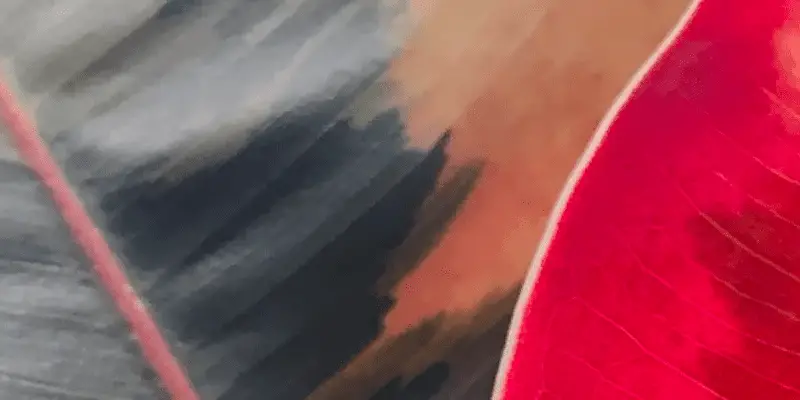
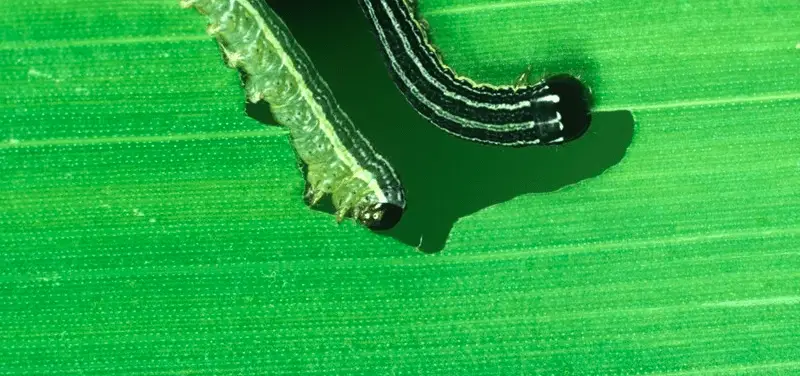
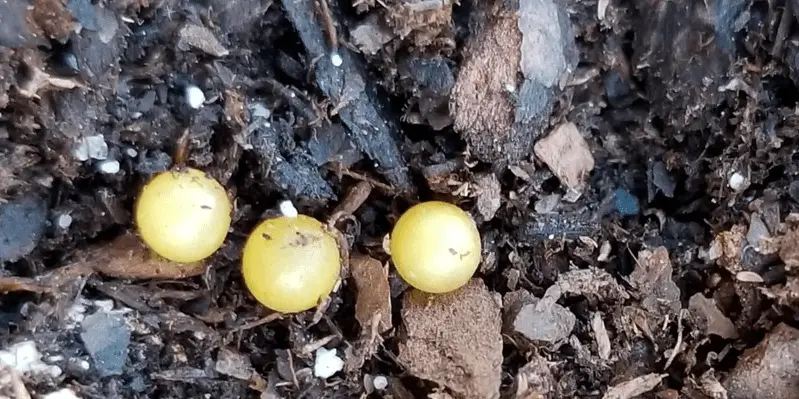
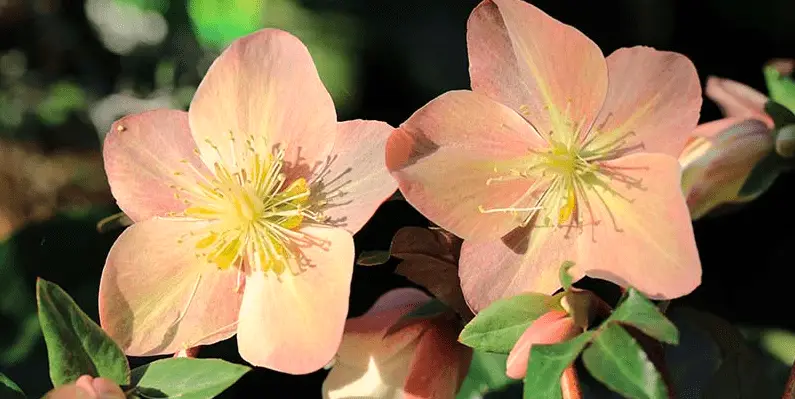
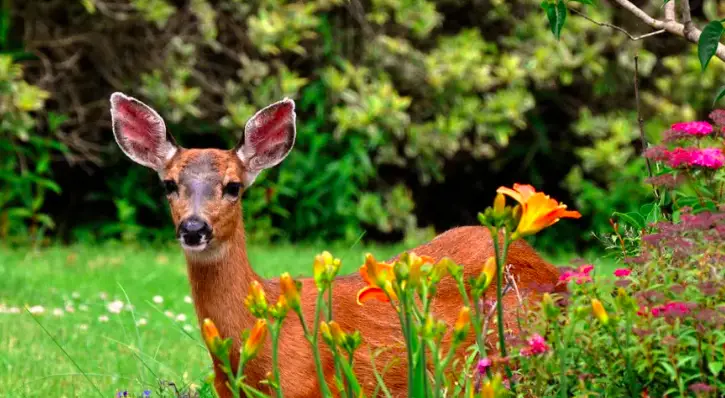

0 Comments